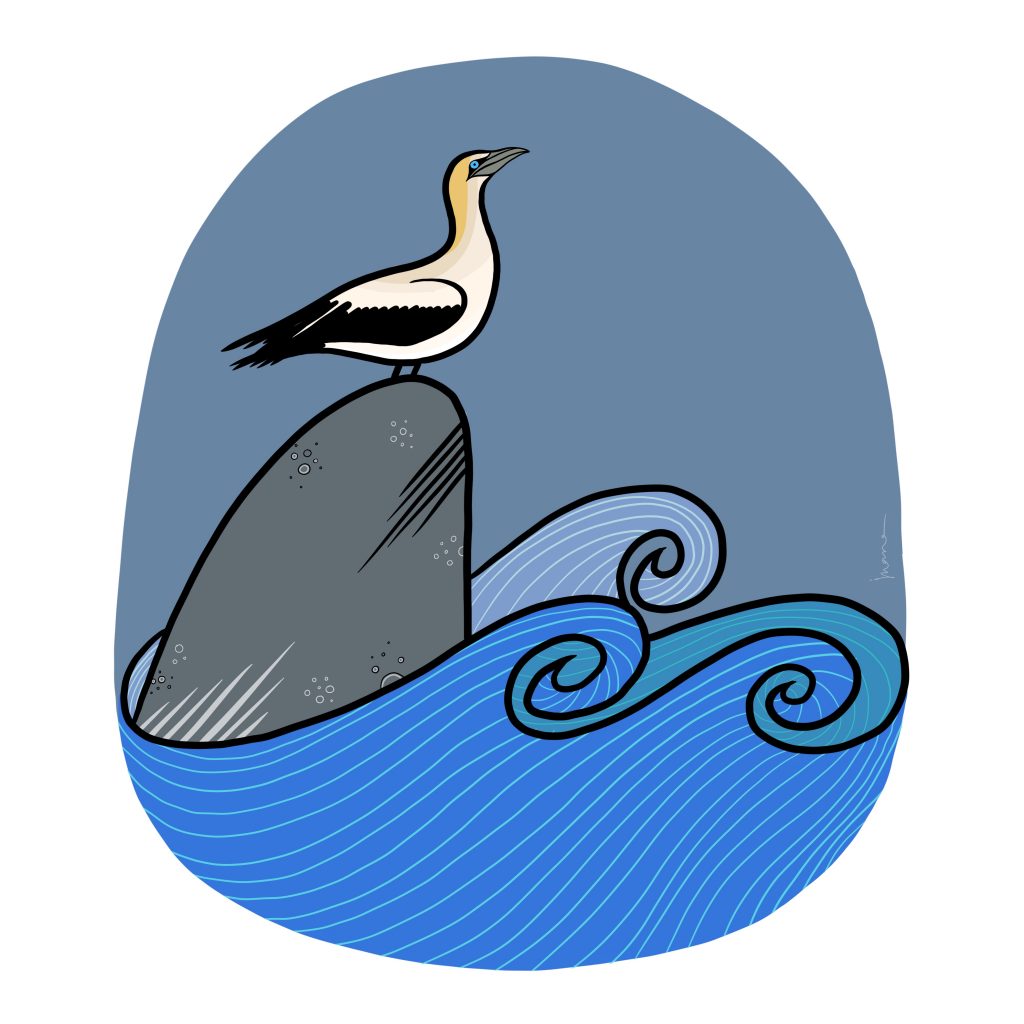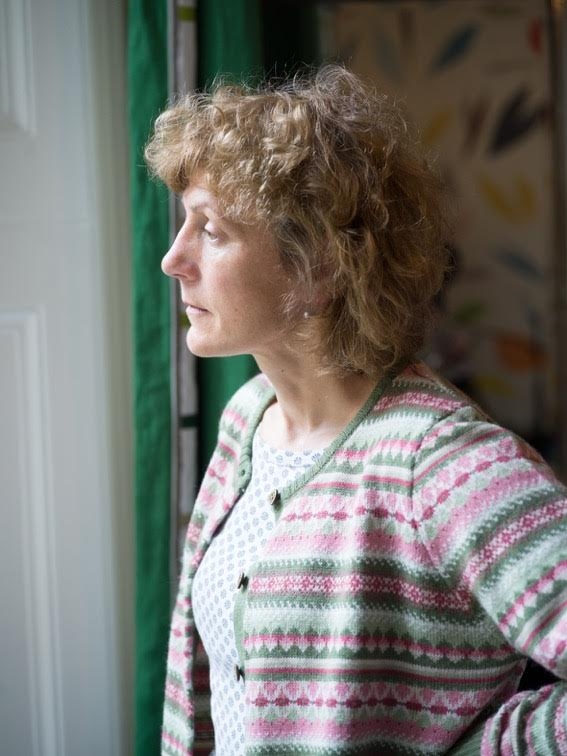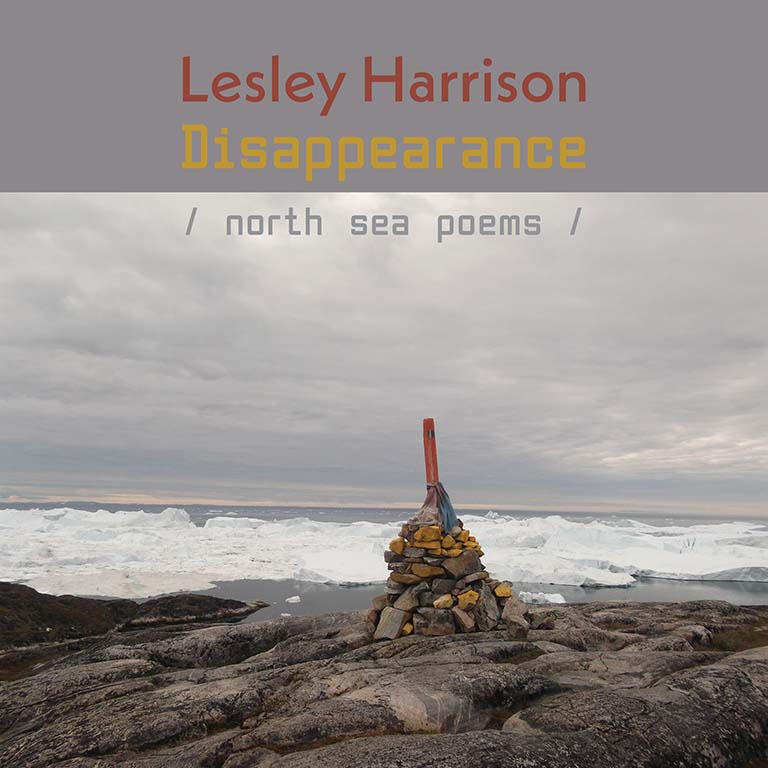i.
morning.
a cloud lifts, the island resolving
in a turn of ocean
the sparkling clink of waves on sand
sound, a living matter
sound illumined
a wave swallowing a rock pool,
the gulls, their sharp words
repeated and repeated
the god of my childhood
in the grey white sea noise
in the screech of seabirds.
ii.
Spring tide.
I walk into the sea’s cold bloom,
its heft, its anonymity.
I trace my entire belief
in the viscera of salt and wind,
the natural fall of cloud.
here is only everything:
the secular ocean,
the crush and crush of new waves;
its motion brings peace,
the beach, its privacy and darkness
a relief from psalmody.
iii.
a round hull
knocking into hollows
the eider,
their broody pots of down
this bright space,
its salutary emptiness.
iv.
a stone cell
hunkered on a rock.
quiet vacancy.
v.
gathering
in the green light of dawn
eider croon in the
hollows between waves
their white defined by
the darkness of the water
conscious points
in this inexhaustible space.
vi.
to dwell outside myself,
to live in the lived world
among snails and grasses
in ordinary daylight
growing old, neither man nor woman
fasting in silence.
vii.
the dune slacks. beds of neat helleborine
watercress and elder.
the milk vetch, tight lipped.
viii.
otters pry in bedrock
puddling the sand, then vanishing completely
in the heavy green.
I love the disappearance —
the free power of waves,
the world that ends at the surface
the presences of stars in daylight.
the thin white moon.
the gannets, their slow ovation.

For the rest of March, we will post poems to sustain and uplift through trying times. Each poem is accompanied with an image by author-illustrator Juana Medina http://www.juanamedina.com. We thank you for reading and hope that you will share poems with your friends and neighbors. Please be well.





